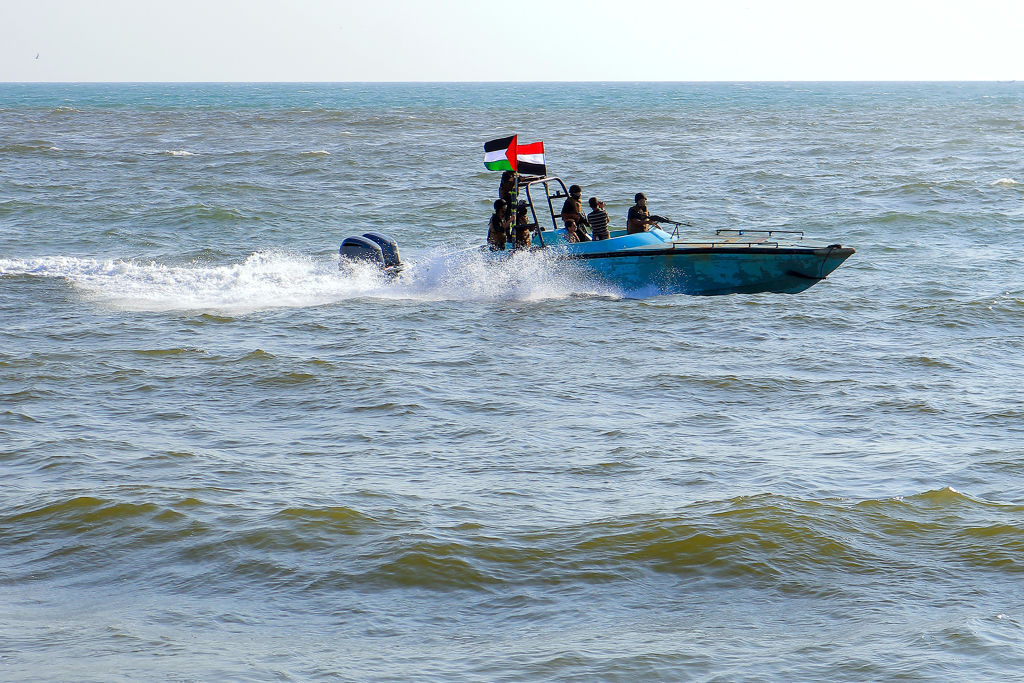[time-brightcove not-tgx=”true”]
Houthi rebels in Yemen carried out one of their largest missile and drone attacks to date on commercial shipping lanes in the Red Sea late Tuesday, igniting a response from five U.S. and U.K. warships patrolling the region critical to global trade.
Eighteen drones, two anti-ship cruise missiles and one anti-ship ballistic missile were shot down by allied forces, U.S. Central Command said in a statement on X, formerly known as Twitter.
The attack occurred just a day after Secretary of State Antony Blinken, on a tour of the Middle East, warned the Houthis of “consequences” for continued assaults on ships.
Read More: How—and Why—Yemen’s Houthi Rebels Are Poised to Seriously Disrupt the Global Economy
No injuries or damage to merchant vessels were reported in Tuesday’s “complex” assault, Centcom said. The episode represented the 26th Houthi attack on commercial shipping in the Red Sea since Nov. 19, Centcom added. About 50 merchant vessels were in the region of the attacks, CNBC reported, citing U.S. officials it didn’t identify.
The White House did not immediately respond to a request for comment on the latest aggressive act by the Houthis, a group from Yemen’s northwest who touched off a civil war in 2014 with their seizure of the capital, Sana’a.
Long supported by Iran, the Houthis have undertaken a series of increasingly brazen attacks on vessels in the Red Sea in response to the Israel-Hamas war, forcing major shipping companies to re-route their vessels away from the waterway and often sending them on a much longer route around Africa. That’s raised the risk of supply chain disruptions that could undercut a fragile global economy.
Tensions over the Israel-Hamas war continue to rise, raising fears that the conflict could expand across the region. In addition to its operations in Gaza against Hamas, a designated terrorist group by the U.S. and European Union, Israel has also traded fire with Iranian-backed Hezbollah forces in southern Lebanon.
The U.S., which assembled a group of nations to help bolster security in the Red Sea, has so far held off on attacks against Houthi targets in Yemen, partly out of concern that would worsen the regional crisis.
Qatari Prime Minister Sheikh Mohammed Bin Abdulrahman Al Thani — speaking alongside Blinken on Sunday evening — rejected a military response, warning it would only escalate regional tensions.

